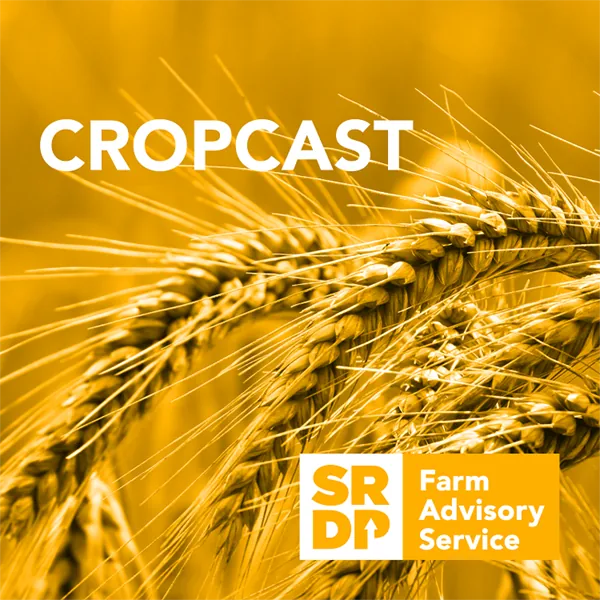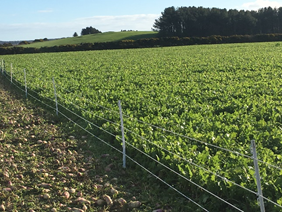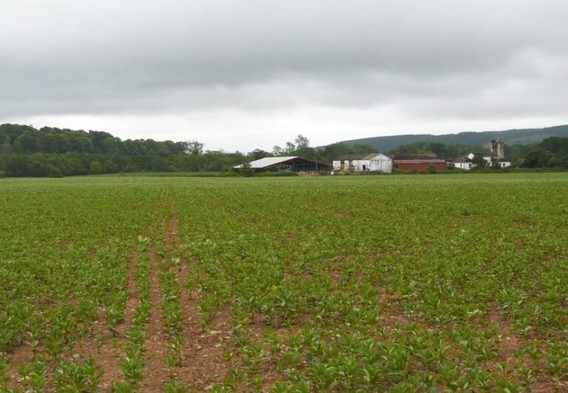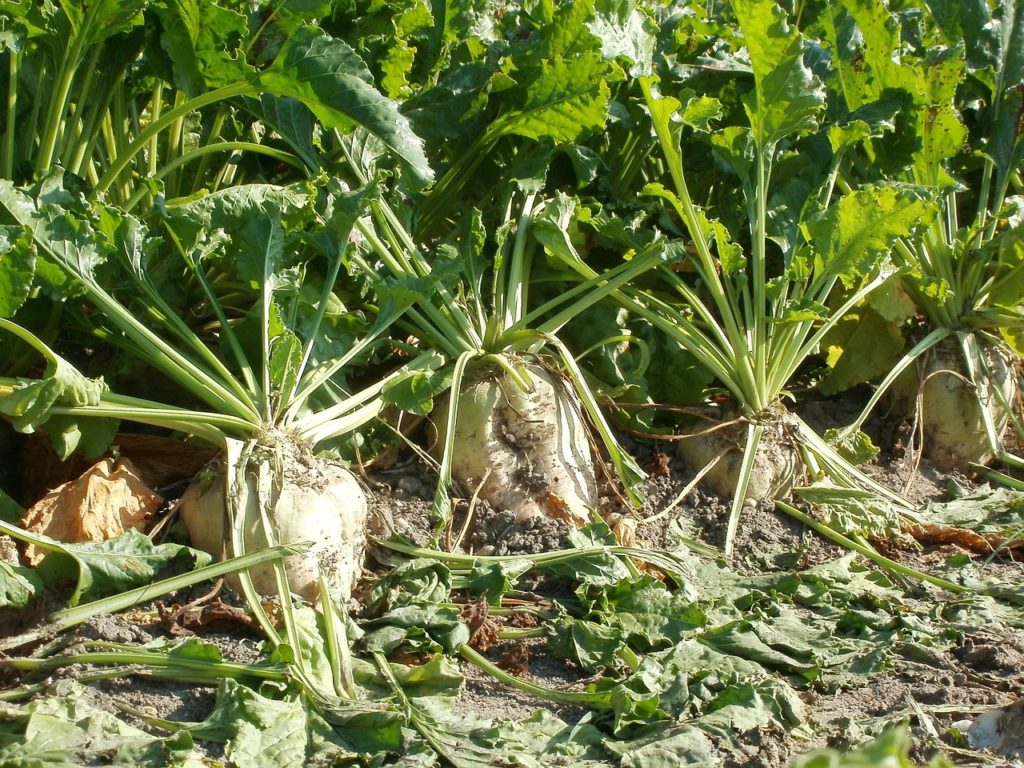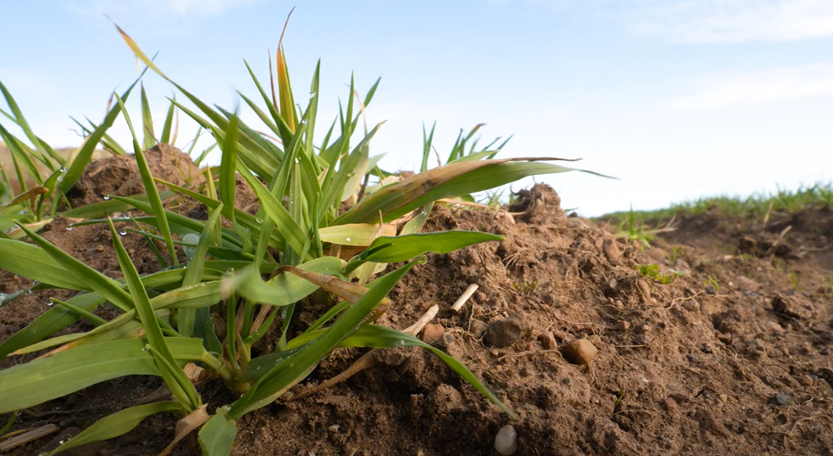Crops and Soils
Business and Policy July 2025 – Cereals & Oilseeds
UK feed wheat futures attempt rebound amid geopolitical tensions and weather risks UK feed wheat futures (Nov-25) rallied by £5.15/t (+2.9%) for week ending 20th June, closing at £185.00/t and surpassing the 20-day moving average. While this marks a notable rebound, it remains too early to confirm a reversal of the broader downward trend that…
CropCast Conversations – 2025 Grain Markets and Update from the Field
Welcome to Cropcast Conversations hosted by Principal Consultant Mark Bowsher-Gibbs. On today’s episode Mark is joined by James Bolesworth (CRM AgriCommodities) to discuss how grain markets are looking for 2025 and in part 2 Mark is joined by George Chalmers (SAC Consulting) and Neil Havis (SRUC Professor, Crop Pathology) to update us on how crops…
Strategies for Soil and Forage Resilience in Scotland
Weather patterns in Scotland are becoming increasingly unpredictable, with more frequent and intense periods of rainfall and drought. Given Scotland’s diverse topography and soil types, some areas are better equipped to cope with these changes than others. Adapting soil and forage management practices is essential to building resilience against climate change. This article will talk…
A Soil Route Map for Scotland
Healthy, resilient soils are vital for productivity as well as supporting wider nature-based systems and ecosystem services. However, there are many risks threatening the future security of Scottish soils (e.g. erosion, compaction, contamination etc), which are often amplified by the impacts of climate change. Currently, there is no single overarching soil policy providing direction or…
Growers Being Sought For Wireworm Survey In Soils Cropping Potatoes
The SAC Potatoes team are conducting a survey of wireworm species present across key growing areas of Scotland under the Plant Health Centre project: PHC2024/04: Understanding the risk to Scotland’s plant health arising from wireworm (click beetles) and the monitoring and Integrated Pest Management requirements. Under this project we are looking for growers who have…
Understanding Lime Product Effectiveness
There are various liming products available to growers to raise soil pH with ground calcium and magnesian limestone being the two most common raw materials. Quarried rock is ground and sieved to meet industry standards set by AgLime Quality Standards with limits set on the highest particle size and percentage of dust. The effectiveness of…
Soil Trace Element Deficiency May Be Impacting Your Flock
Trace elements are crucial for the health and well-being of sheep, influencing several biological processes essential for growth, fertility, and overall productivity. However, the availability of these elements varies significantly depending on soil type, pH, and drainage. A proper understanding of the soil’s trace element content is essential for managing livestock health, especially since deficiencies…
Hemlock: The Dangers To Livestock And Humans
Hemlock (Conium maculatum) also known as dead man’s fingers, water drop, or poison hemlock is a deadly plant to humans and animals when ingested. Identification Hemlock is part of the carrot family so appears similar to cow parsley and wild carrot. The main difference is the nasty, mousy smell of Hemlock and the distinctive purple…
Field Trialling Sugar Beet in Eastern Scotland
There is an urgent need to find scalable and sustainable biobased feedstocks to replace fossil fuels for manufacturing chemicals and bioplastic products. A previous study, “A Just Transition for the Chemicals Sector and a Net Zero Solution for Manufacturing” (2021), revealed that it would be possible to grow domestic sugar beet to displace a percentage…
Agribusiness News April 2025 – Cereals And Oilseeds
Global Markets Spring weather risks remain a significant influence on global grain markets. As fieldwork advances across the Northern Hemisphere, weather patterns will play an increasingly vital role. In Brazil, April rainfall will be a decisive factor in determining the yield potential of the second corn crop. Elsewhere, the threat of drought or late frost…


